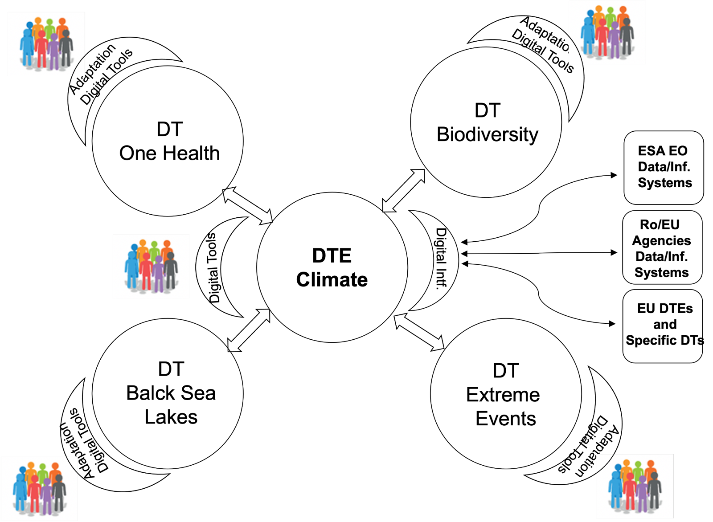





March 1, 2023
The main objective is to maximize the value of information from Earth Observation (EO) data by extracting sensor information and generating actionable, uniform, and accurate physical parameter layers. The approach is grounded in a cohesive use and joint valorization of sensors in EO, as for example the Copernicus Sentinels, Earth Explorers, and ESA contributing missions.
This will strengthen and broaden the EO value chain and stimulate the expansion of the proposed technology to new domains. Historical data will be intensively used to derive models for prediction. The methodology focuses on time series ingestion to hybrid, physics-informed AI methods for data analytics, prediction, causality discovery, and advanced visualizations. This will allow us to monitor and forecast natural and human activity in support of sustainable development and resilience to climate change effects.
The new methods will be implemented in a system developed by 1 of the specific RDI projects interfaced with the specific models and functionalities developed in 4 other specific RDI projects. The system will be scalable, such that it can be further extended for other domains. The DTEClimate Competence Center focuses at first on the redressment of climate change effects in extreme events, the environment, coastal zones, and health.

The specific objectives that will be followed during the project development comprise: